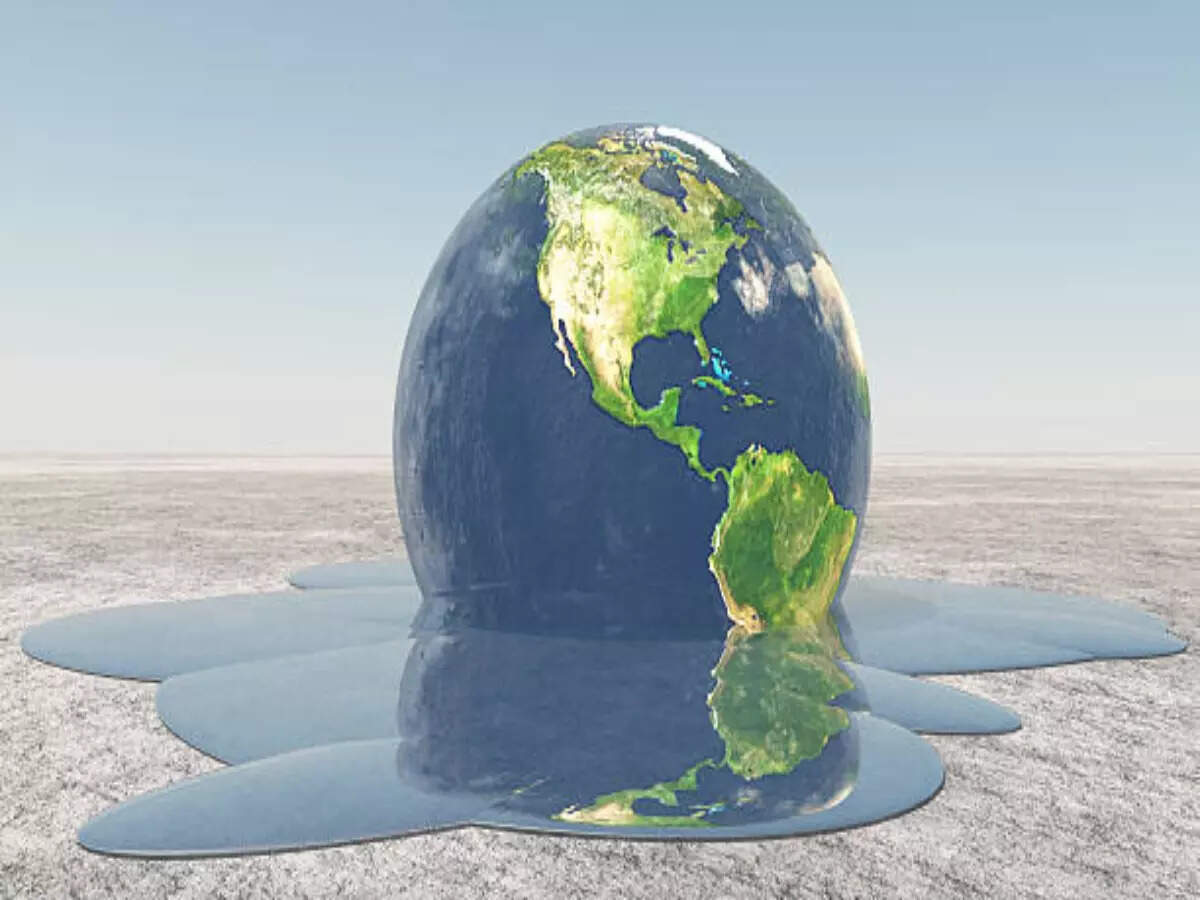
How psychologists can play a variety of roles in addressing climate change?
Climate change, now occurring globally, is driven by several human actions. The immediate causes are burning fossil fuels, destroying forests, rearing livestock, and other activities that release greenhouse gases or alter the reflectance of the Earth's surface. These actions are the result of government policies, population growth and migration, economic development activities, and the behaviour of individuals and households as consumers, members of organisations, and citizens, as well as underlying human attitudes, predispositions, social and economic structures, and beliefs which, necessitates knowledge of psychology to understand and influence human behaviour.
Facilitating behavioural change Psychologists have a role to play in helping society reduce climate change and adapt to it, as well as in fostering public awareness and attitudes and promoting social action by facilitating behavioural change. Assisting with the shift to remote work, restructuring cities to encourage more emission-free transportation, addressing the mentality underlying population growth, and assisting with the move to plant-based diets are examples of how psychologists may help reimagine our environment.
Adaptation to reduce adverse impacts
A psychologist can play an essential part in adaptation efforts, which aim to mitigate the existing and future harmful effects of climate change and assist individuals in adjusting to these effects. Examples include disaster planning, training of healthcare workers, population relocation, and modifications to agricultural techniques. A psychologist's activities may target individuals, families, communities, organisations, and governments.
Psychological treatment training
A psychologist can help people who are having trouble dealing with the effects of climate change as the Climate crisis can worsen stress, anxiety, sadness, depression, denial, hope, and optimism. People who work in mental and behavioural health also need training and help to handle these reactions in a way that is based on evidence. Psychologists can also help people avoid problems and build social and emotional strength. This includes teaching individuals how to deal with difficulties and keep themselves in check; developing communities; and preparing for calamities and climate-related repercussions. Communities and people can also benefit from learning how to deal with problems in a healthy way by getting resilience training.
Migration and displacement
Population displacement and migration are other areas where psychologists should be involved. As a growing number of people and communities are displaced as a result of climate change, a study is required to comprehend the patterns, causes, and outcomes of these migrations. Using this research as a foundation, mental and behavioural health professionals can assist migrant groups and the areas to which they migrate in adapting and ensuring the social and health needs of individuals are fulfilled. There is already evidence that disasters caused by climate change will have a disproportionately negative impact on vulnerable and historically disadvantaged groups, resulting in greater inequalities.
Employing psychological insights and methods
Psychologists can advocate new policies by applying their knowledge of the science of motivation, persuasion, and communication. Using psychological insights and techniques can make it easier to write messages that counter misinformation, calls for social mobilisation, and all-around education strategies.
